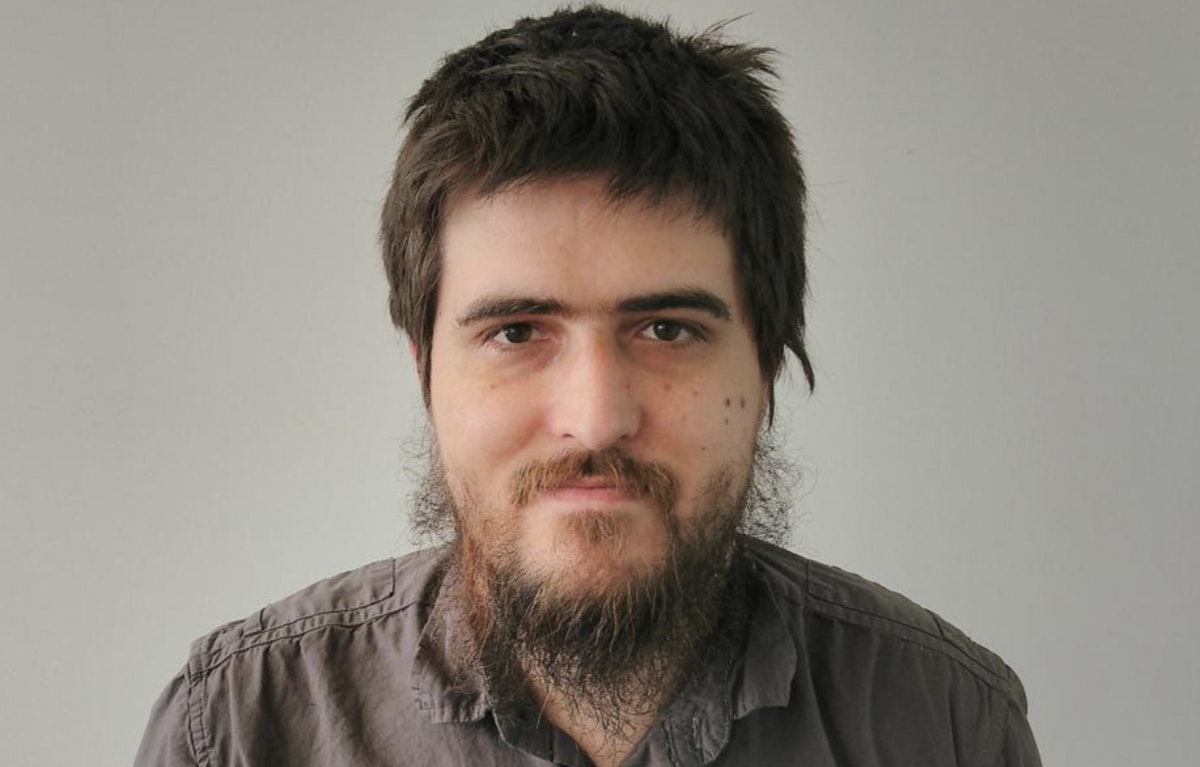Autism: He quit his job as a cook – and is now solving complicated IT problems
No time right now?
Autistic people are often marginalized in their job. Employers benefit from them – not just in IT. Experts agree: The problem is not the diagnosis, but prejudice and ignorance.
It is everyday life that often causes problems for Benjamin Heiland. “When I go shopping, I have to stop and take a deep breath every few minutes,” he says. The reason is the countless stimuli that shower him. The supermarket checkout that beeps, the freezer that is pushed open and closed, the pickle jar that clashes on the floor or the conversation between the hard-of-hearing pensioner and the butcher that gets louder and louder. But he also feels the movement through the corridors more intensely than other people. Heiland tries to compensate for the noises with music, as he says: “I have plugs in my ears with loud metal music that I know by heart. That’s how I’ve cut this one data source before. ”The way he speaks gives an idea of how he thinks. Benjamin Heiland is autistic, he is considered to be neurodivers. Savior speaks systematically, deliberately and precisely. Noise quickly becomes a source of data.
Contents
Autistic people struggle with prejudice and ignorance
Hardly any other diagnosis has received as much media attention in recent years as the diagnosis of all aspects of autism. Dustin Hoffman played the autistic Raymond Babbitt in “Rain Man” in 1988; more recent productions such as “The Big Bang Theory” work on it even decades later with the character of Sheldon Cooper. However, they all show a stereotype: an extremely intelligent, but hardly socially adapted person, who is brilliant in the context of an island talent, but otherwise unsuitable for the world of work. Even if these film and television classics have drawn the general public’s attention to autism, they have also made use of the common cliché and thus created disadvantages: Many bosses believe that it is not easy to work with autistic people. It is estimated that just under 30 percent of people with autism are in work.
Diversity is the theme of the decade and must not stop with gender, age or origin. The fact that neurodiverse people can also contribute to corporate success is often overlooked. On the occasion of the ten-year existence of the Diversity Charter, a voluntary commitment by companies to a working environment free of prejudice under the patronage of Chancellor Angela Merkel, the business consultancy EY carried out a study on diversity in companies. This shows that 36 percent of the companies surveyed see little need for action when it comes to getting people with disabilities more involved. Is that because they are already well integrated? If you extrapolate the number of autistic employees in Germany, the answer can only be “no”. The picture is also similar in other countries, which are comparable to the Federal Republic of Germany in terms of prosperity: In Great Britain and Australia, experts assume a figure of just under 30 to 40 percent.
Also interesting: “Career guide – These 7 books will fuel your professional development”
Katrin Reich knows the problem. The social scientist has been dealing with the participation of autistic people for years and knows people like Benjamin Heiland only too well. She is currently leading a research project called Autism 1a, which aims to train companies in dealing with neurodiverse people. “Up until 20 years ago, they were even completely denied the ability to train. People simply believed: ‘They are not able to work, we can’t get them into the job,’ ”says the expert. That has now been refuted. Countless vocational training centers throughout Germany train: gardeners, laboratory assistants, warehouse clerks, but also mechanics. The problem is not that autistic people have no professional qualifications. The opposite is more likely to be the case. People with autism would usually complete their schooling and vocational training above average. So what’s preventing companies from hiring these professionals? “Above all, a lack of knowledge and misconceptions,” explains the expert. “There is only sparse information about what and how autistic people are.”


